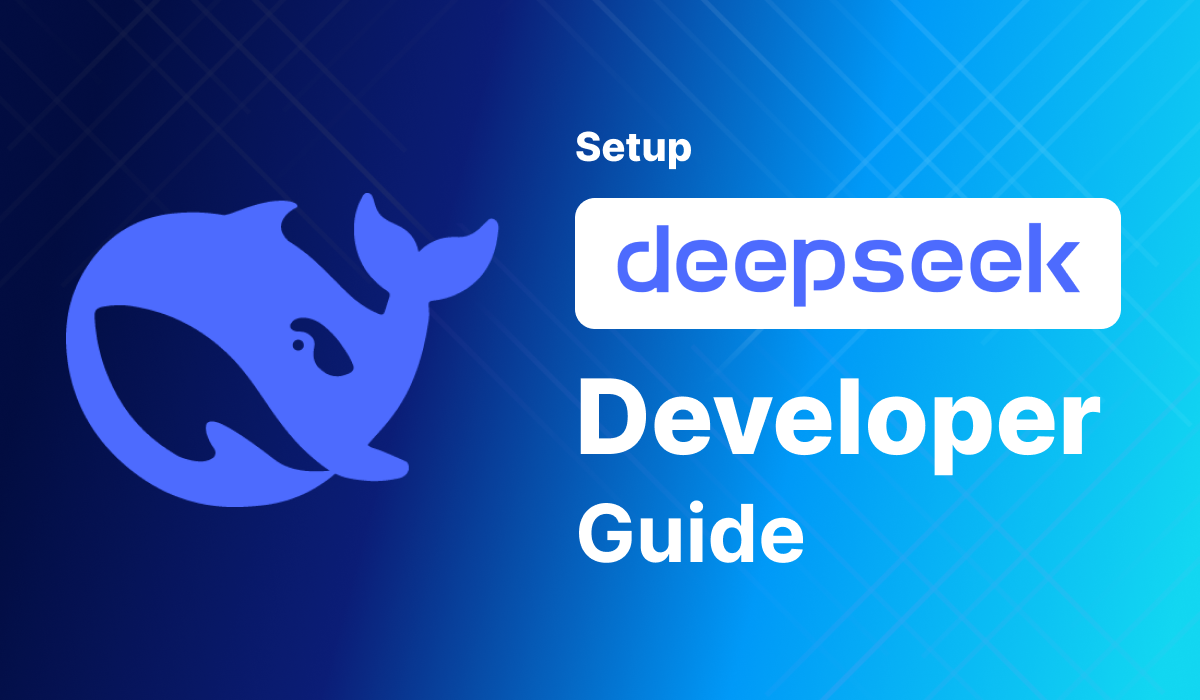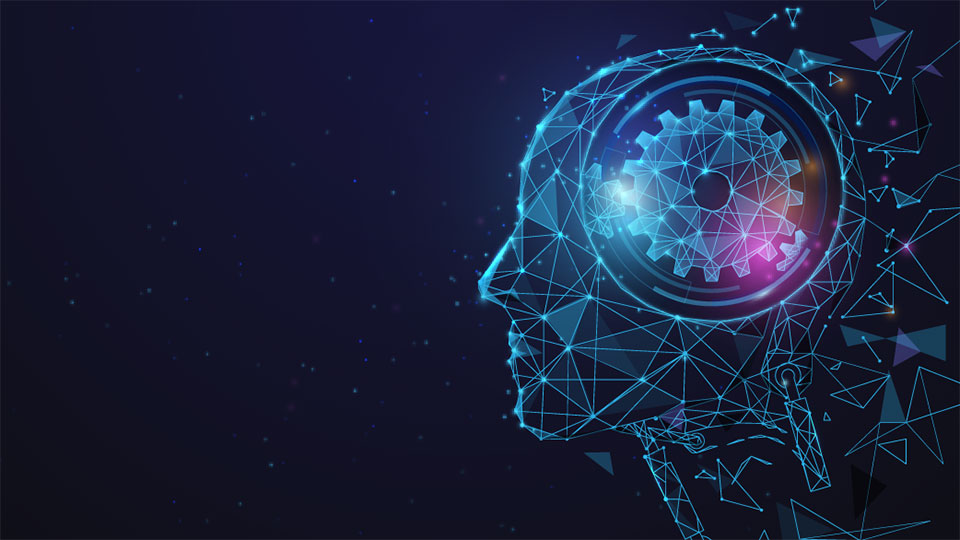For Christmas I got an intriguing present from a buddy - my very own "very popular" book.
"Tech-Splaining for Dummies" (terrific title) bears my name and my picture on its cover, and it has radiant evaluations.

Yet it was entirely written by AI, with a couple of easy prompts about me provided by my good friend Janet.
It's an intriguing read, and uproarious in parts. But it also meanders rather a lot, and is somewhere between a self-help book and a stream of anecdotes.
It imitates my chatty design of composing, but it's likewise a bit recurring, and extremely verbose. It may have gone beyond Janet's prompts in looking at data about me.
Several sentences begin "as a leading innovation reporter ..." - cringe - which might have been scraped from an online bio.

There's also a strange, repeated hallucination in the kind of my cat (I have no family pets). And there's a metaphor on practically every page - some more random than others.
There are dozens of companies online offering AI-book writing services. My book was from BookByAnyone.
When I got in touch with the president Adir Mashiach, based in Israel, he informed me he had offered around 150,000 personalised books, generally in the US, given that pivoting from assembling AI-generated travel guides in June 2024.
A paperback copy of your own 240-page long best-seller costs ₤ 26. The company utilizes its own AI tools to create them, oke.zone based upon an open source big language design.
I'm not asking you to buy my book. Actually you can't - just Janet, who produced it, can purchase any further copies.
There is presently no barrier to anyone producing one in anyone's name, consisting of celebs - although Mr Mashiach states there are guardrails around violent material. Each book consists of a printed disclaimer mentioning that it is fictional, created by AI, and designed "exclusively to bring humour and joy".
Legally, the copyright comes from the firm, trademarketclassifieds.com however Mr Mashiach stresses that the product is intended as a "personalised gag gift", and the books do not get offered even more.
He hopes to broaden his range, creating various categories such as sci-fi, and maybe using an autobiography service. It's created to be a light-hearted kind of customer AI - offering AI-generated products to human consumers.
It's also a bit scary if, like me, you compose for a living. Not least since it most likely took less than a minute to produce, and it does, definitely in some parts, sound much like me.
Musicians, authors, artists and actors worldwide have actually expressed alarm about their work being used to train generative AI tools that then churn out similar material based upon it.
"We should be clear, when we are speaking about data here, we in fact suggest human creators' life works," states Ed Newton Rex, creator of Fairly Trained, which projects for AI firms to regard creators' rights.
"This is books, this is articles, this is photos. It's masterpieces. It's records ... The entire point of AI training is to find out how to do something and then do more like that."
In 2023 a song featuring AI-generated voices of Canadian vocalists Drake and The Weeknd went viral on social media before being pulled from streaming platforms since it was not their work and they had not consented to it. It didn't stop the track's developer attempting to choose it for a Grammy award. And even though the artists were fake, it was still wildly popular.
"I do not believe the use of generative AI for imaginative purposes ought to be banned, however I do believe that generative AI for these functions that is trained on individuals's work without consent must be prohibited," Mr Newton Rex includes. "AI can be extremely effective however let's build it fairly and fairly."
OpenAI states Chinese rivals utilizing its work for their AI apps
DeepSeek: The Chinese AI app that has the world talking
China's DeepSeek AI shakes market and damages America's swagger
In the UK some organisations - including the BBC - have picked to block AI developers from trawling their online material for training functions. Others have decided to work together - the Financial Times has actually partnered with ChatGPT creator OpenAI for example.
The UK federal government is considering an overhaul of the law that would enable AI developers to utilize developers' material on the web to assist establish their models, unless the rights holders choose out.
Ed Newton Rex explains this as "madness".
He explains that AI can make advances in areas like defence, health care and logistics without trawling the work of authors, reporters and artists.
"All of these things work without going and changing copyright law and ruining the incomes of the country's creatives," he argues.
Baroness Kidron, a crossbench peer in your home of Lords, is also highly against getting rid of copyright law for AI.
"Creative industries are wealth creators, 2.4 million jobs and a whole lot of delight," states the Baroness, who is also a consultant to the Institute for users.atw.hu Ethics in AI at Oxford University.

"The government is undermining one of its best performing markets on the unclear promise of growth."
A federal government representative stated: "No relocation will be made until we are definitely confident we have a useful plan that delivers each of our goals: increased control for best holders to help them accredit their material, access to top quality material to train leading AI models in the UK, and more openness for right holders from AI developers."
Under the UK government's brand-new AI plan, a nationwide information library containing public data from a vast array of sources will likewise be provided to AI scientists.
In the US the future of federal rules to manage AI is now up in the air following President Trump's return to the presidency.
In 2023 Biden signed an executive order that aimed to enhance the safety of AI with, amongst other things, firms in the sector required to share details of the workings of their systems with the US government before they are launched.
But this has now been reversed by Trump. It stays to be seen what Trump will do instead, but he is stated to desire the AI sector to face less guideline.
This comes as a variety of lawsuits against AI firms, and particularly against OpenAI, continue in the US. They have been gotten by everybody from the New York Times to authors, music labels, and even a comic.
They declare that the AI companies broke the law when they took their material from the web without their approval, and used it to train their systems.
The AI companies argue that their actions fall under "reasonable use" and are therefore exempt. There are a variety of elements which can constitute reasonable usage - it's not a straight-forward meaning. But the AI sector is under increasing analysis over how it collects training information and whether it should be paying for it.
If this wasn't all sufficient to consider, Chinese AI company DeepSeek has shaken the sector over the past week. It became the a lot of downloaded totally free app on Apple's US App Store.
DeepSeek claims that it established its innovation for a fraction of the price of the likes of OpenAI. Its success has actually raised security concerns in the US, and threatens American's existing dominance of the sector.
When it comes to me and a profession as an author, I think that at the minute, if I really desire a "bestseller" I'll still have to compose it myself. If anything, Tech-Splaining for Dummies highlights the current weakness in generative AI tools for bigger jobs. It is full of errors and hallucinations, and it can be rather tough to check out in parts because it's so long-winded.
But offered how quickly the tech is developing, I'm uncertain for how long I can remain positive that my significantly slower human writing and modifying abilities, are much better.

Register for our Tech Decoded newsletter to follow the most significant developments in international technology, with analysis from BBC correspondents around the world.
Outside the UK? Register here.



